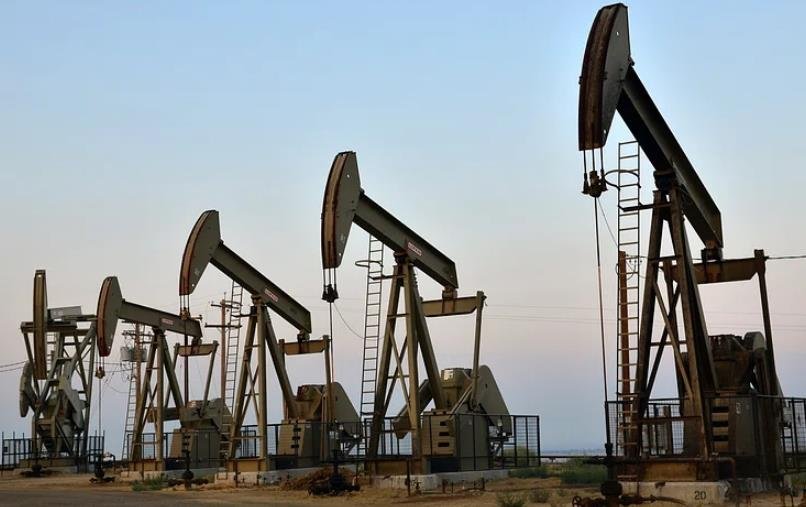In a strategic pivot to address its energy needs, Egypt is set to lease a natural gas import terminal, marking a significant shift in its approach to energy security and regional energy dynamics.
Egypt’s decision to lease a natural gas terminal comes at a time when the nation is grappling with fluctuating domestic production levels. The move is seen as a proactive step to ensure a steady energy supply, particularly in anticipation of the increased demand during the hot summer months, which often leads to power blackouts.

The terminal, which will be leased from providers of Floating Liquefied Natural Gas (FLNG) units, is part of Egypt’s broader strategy to navigate the complex energy landscape. The lease is expected to span five years, with an option to extend, reflecting the long-term nature of Egypt’s energy planning.
Adjusting to Regional and Global Changes
The leasing of the terminal is not just a domestic matter but also a response to regional shifts. The cessation of natural gas flow from the Tamar gas field offshore Israel due to conflict has forced Egypt to reconsider its position as a potential regional gas hub.
This development comes after Egypt had reduced its reliance on heavy natural gas imports following the increased domestic production from its Zohr gas field. However, with the decline in production, Egypt finds itself in a position where it must adapt quickly to maintain its energy independence and fulfill its commitments.
Looking Ahead: Egypt’s Energy Prospects
The lease of the natural gas terminal is a clear indicator of Egypt’s agility in the face of energy challenges. It also underscores the country’s commitment to fulfilling its role as a key player in the Mediterranean energy sector.
As Egypt positions itself to meet both domestic and regional energy demands, the lease agreement is a critical component of its strategy. It reflects a broader vision that balances immediate needs with long-term sustainability and stability in the energy market.
